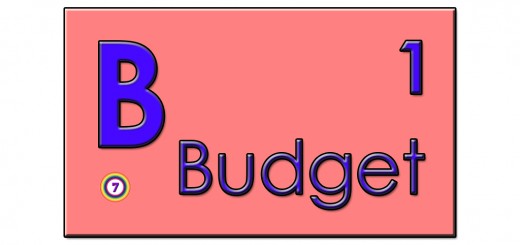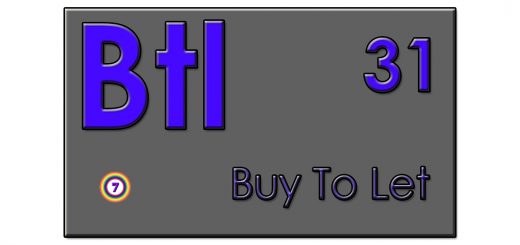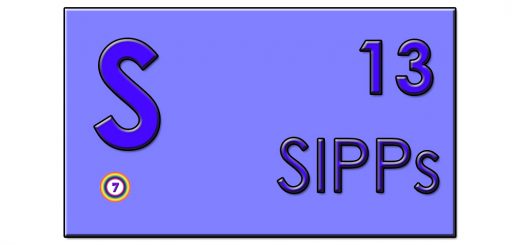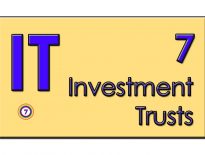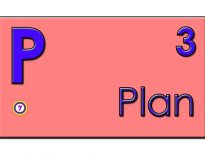Cash and Debt – Elements 22

This post is part of the Elements series, a Periodic Table of all the Investing Elements that you need to take control of your financial life. You can find the rest of the posts here.
Cash and Debt
What is it?
For our purposes today, Cash is currency (legal tender – notes and coins) from your own country, that you either keep as notes and coins (in your wallet, or under your mattress) or in a bank account.
- Coins and notes in a foreign currency will be discussed under FX.
- Money you’ve invested in some way (in an ISA or SIPP, or via a P2P platform or crowdfunding) no longer counts as cash.
Debt is money that you owe to someone else.
- This can mean a personal loan from a bank or an individual, a student loan or car loan, or even a P2P debt.
- It doesn’t include a mortgage, which we’ll consider under property.
- A mortgage is a special kind of debt, because it is secured against a (potentially) appreciating asset, which means that it’s the only kind of debt that is likely to make you richer over the long-term.
Cash and Debt are in a sense opposites – Cash is a positive contributor to your net worth, whilst Debt reduces your net worth.
What kind of element is it?
Cash and Debt are asset classes – a subdivision of financial assets.
Who needs it?
Everybody needs cash, and almost everybody will have debt at some point in their lives, but they are best described as necessary evils – you don’t want to have too much of either, and in the case of debt, you don’t want it hanging around for too long.
What comes before it?
In one sense, nothing comes before cash. As soon as you are economically active – even if this just means being given pocket money by your parents – you will be handling cash.
But hanging on to some cash at the end of the week or the month is another thing. For that you’ll need a budget, and you’ll need to stick to it.
For most people, debt will come along a bit later, in the form of a student loan.
- This is a special kind of debt, in that the interest rate is low, and you don’t need to pay it back until you pass an earnings threshold.
- Repayments are automatically deducted from your pay by your employer.
- In this sense a student loan operates more like a graduate tax than a debt.
- If you haven’t cleared your balance after 35 years, then the remaining debt is written off.
All other debts (apart from mortgages) should be avoided.
- Credit card balances and car loans are probably the most common types, but personal loans for holidays or home improvements are also a bad idea.
- If you can’t save the cash to buy something, then you can’t afford it.
What comes after it?
Everything – cash is the first asset class in which you will build up your reserves.
Once you have enough cash – most people think that something like six months of expenses is enough – then you can start moving any surplus into other asset classes, starting with equities.
The reason for this is that while cash feels very safe in the short term, over the long-term it’s a poor store of value.
Eventually, inflation will reduce the purchasing power of cash. Other asset classes – in particular, equities – have much higher long-term returns, and will usually increase your purchasing power.
What age do you need it from?
You will always need some cash.
- It is the most liquid financial asset, by which we mean that it is the easiest to change into something else (either another financial asset, or something in the physical world).
- It’s also very safe – bank deposits in the UK to the value of £75K (per bank) are underwritten by the government.
You will never need debt, though student loans and mortgages are acceptable strategies.
What age do you need it until?
You will need a cash reserve until the day you die.
Your student loan will clear in your fifties, and most mortgages in the UK have to be cleared by age 65 (though this is changing).
How much does it cost?
There’s no direct cost to cash, as free banking remains the norm in the UK. The real cost is the gradual erosion of purchasing power over time, which is why you should only keep a small proportion of your portfolio (up to 10%) as cash.
The cost of debt can vary wildly.
- When I bought my first house, interest rates were in double digits, and my first mortgage cost around 13% pa.
- For the last 8 years, rates have been a historic lows (base rate is currently 0.25%).
- Rates also vary by product – at the same time that mortgages are around 2%, credit cards still charge upwards of 25%, and “payday lenders” charge thousands of percent per year (admittedly over short time frames)
Long-term investment returns are rarely higher than 5% pa (after inflation), so any loan costing more than this (essentially everything except a mortgage) is making you poorer.
What’s in it?
Nothing – cash is as fundamental as it gets.
- It’s a debt from the government to you – they promise to redeem the notes and coins in your pocket for the equivalent value (originally in silver or gold, but now simply as a promise).
- When you deposit your money in the bank, it becomes a debt from the bank to you.
- If you take out a loan from the bank, the debt is in the opposite direction.
What does a good one look like?
There’s nothing to look for in cash. All notes and coins are equivalent – a pound is a pound is a pound.
Similarly, all bank accounts are protected by the government. Just make sure that you don’t have more than £75K with the same banking group (which may operate several brands).
A good debt has a low interest rate (less than 5% pa).
What does a bad one look like?
A bad bank account is one where you’ve deposited more than £75K, or one that isn’t covered by the government’s compensation scheme (hard to find in the UK).
A bad debt has a high interest rate (more than 5% pa).
Any recommended brands?
There are no brands of cash anymore – the Royal Mint has a monopoly in England.
- Up in Scotland the banks print their own money, but it’s entirely equivalent to English money.
Any bank account covered by the government’s guarantee is as good as any other.
Rather than recommend a brand to borrow money from, I will recommend that you avoid debt entirely.
What are the main risks?
The only risk with cash is having too much of it, and putting it in an account that isn’t insured by the government.
The risk with debt is that you don’t pay off the balance, and keep accruing interest every month.
How do you deal with these risks?
Make sure that you use a government insured account, and that you don’t put more than £75K with any one banking group.
To avoid the risk of not paying off a debt, don’t take out any loans in the first place.
Until next time.

